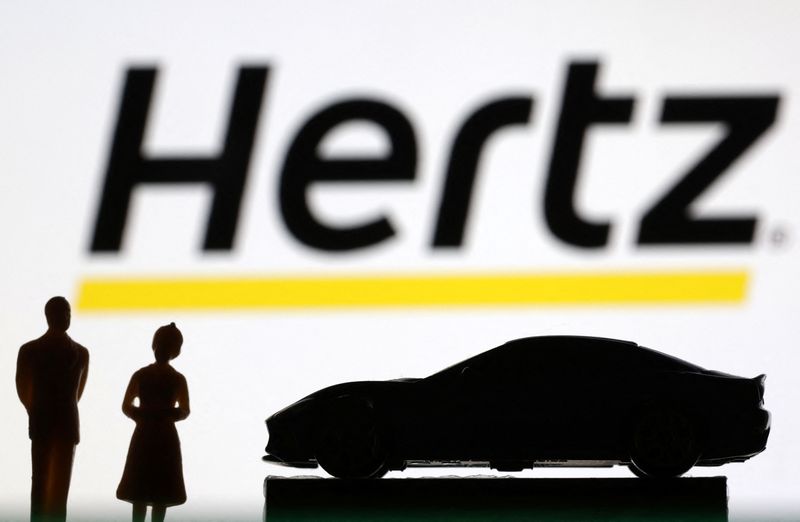I Thought I Had My Finances Under Control Until My 401k Transfer Went Wrong
It often pays to take advantage of a 401(k) plan when an employer offers one — especially if there’s a match involved. But when you leave your job, it’s generally a good idea to roll your 401(k) into a new retirement plan. If you have a 401(k) plan from a new employer, that’s an […] The post I Thought I Had My Finances Under Control Until My 401k Transfer Went Wrong appeared first on 24/7 Wall St..

Key Points
-
Things don’t always go smoothly when you roll money from a 401(k) into an IRA.
-
It’s important to speak to both your 401(k) and IRA providers to find out what to do.
-
Keep track of your money so you don’t end up with accidental early distributions.
-
Are you ahead, or behind on retirement? SmartAsset’s free tool can match you with a financial advisor in minutes to help you answer that today. Each advisor has been carefully vetted, and must act in your best interests. Don’t waste another minute; get started by clicking here here.(Sponsor)
It often pays to take advantage of a 401(k) plan when an employer offers one — especially if there’s a match involved. But when you leave your job, it’s generally a good idea to roll your 401(k) into a new retirement plan.
If you have a 401(k) plan from a new employer, that’s an option. Or, you can open an IRA and roll your old 401(k) into there.
In this Reddit post, we have someone whose 401(k) rollover did not go as planned. And now, they have a potentially stressful situation to deal with.
What went wrong
The poster’s old 401(k) plan with a $1,900 value was supposed to be rolled into an IRA, but the transfer failed. So the custodian then created a second IRA with their sister company and moved the money into that account.
The problem is that the poster received a tax form showing that the custodian had rolled $3,800 into their IRA instead of $1,900. And now, they’re not sure what to do as far as their taxes go.
A solvable problem
The poster should contact the custodian and try to get the situation rectified. But from a tax standpoint, they may not have to worry.
The poster received from 1099-R, which is a form used to report distributions from retirement accounts. But rollovers are listed on that form, too. And as long as a rollover is indicated, there’s no taxable event to worry about.
Put another way, whether the poster had $1,900 rolled from their 401(k) plan to an IRA or $3,800 is almost irrelevant, because they should not have to pay taxes on that money.
How to do a smooth 401(k) rollover
A 401(k) rollover makes sense when you’ve left your job, because if you leave your money in an old company 401(k), you might forget about it eventually. So if you’re in a situation like the one above, it’s important to understand what steps need to be taken to complete a rollover without complications.
When it comes to 401(k) rollovers, you usually have two choices — direct and indirect.
With a direct rollover, your money goes from your 401(k) plan directly into another retirement plan. With an indirect rollover, you get a check for the value of your 401(k), and it’s then your responsibility to make sure that money gets deposited into another retirement plan.
Direct 401(k) rollovers are typically more ideal than indirect rollovers, because with the latter, you get 60 days to move your funds into a new retirement plan. If you don’t, that money is treated like a distribution, which means you could not only pay taxes on it, but also, be charged a 10% early withdrawal penalty if you’re not yet 59 and 1/2.
If you have a 401(k) and you’re not sure what to do with that money after leaving your job, you may want to speak to a financial advisor. They can walk you through some options and help ensure that your money lands where it needs to.
The post I Thought I Had My Finances Under Control Until My 401k Transfer Went Wrong appeared first on 24/7 Wall St..
































































































































































